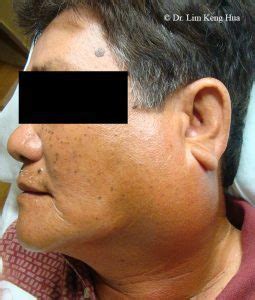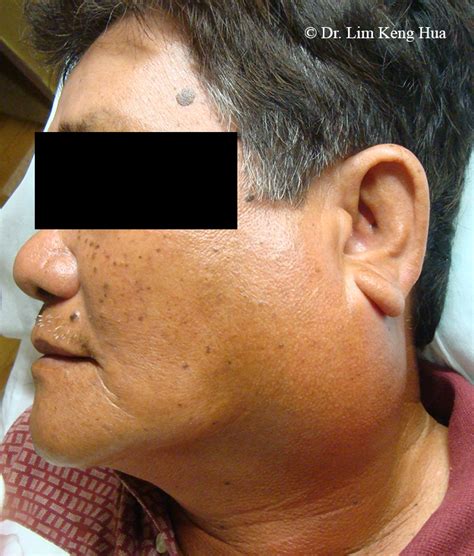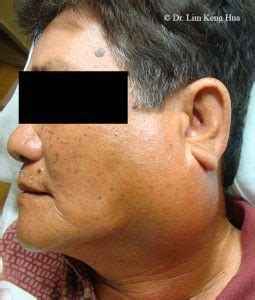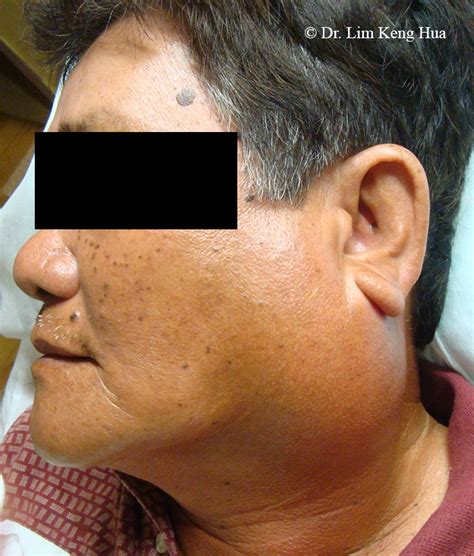Intro
Discover parotid gland swelling causes, symptoms, and treatments. Learn about salivary gland disorders, facial pain, and lump formation, and find relief from parotiditis and other related conditions.
The parotid gland is one of the major salivary glands located on either side of the face, below and in front of the ears. It plays a crucial role in producing saliva, which aids in digestion and helps keep the mouth moist. However, swelling of the parotid gland can be a cause for concern, as it can be a sign of an underlying condition that requires medical attention. In this article, we will delve into the various causes of parotid gland swelling, its symptoms, diagnosis, treatment options, and preventive measures.
The importance of understanding parotid gland swelling cannot be overstated. If left untreated, it can lead to complications such as infection, abscess formation, and even cancer. Furthermore, parotid gland swelling can be a symptom of a systemic disease, making it essential to identify the underlying cause. With the increasing incidence of salivary gland disorders, it is crucial to raise awareness about the causes, symptoms, and treatment options available.
Parotid gland swelling can be caused by a range of factors, including infections, inflammatory diseases, and tumors. In some cases, the swelling may be caused by a blockage in the salivary duct, which can lead to the accumulation of saliva and subsequent swelling. Other causes of parotid gland swelling include autoimmune disorders, such as Sjögren's syndrome, and certain medications, such as antihistamines and decongestants. Understanding the underlying cause of parotid gland swelling is essential for effective treatment and management.
Causes of Parotid Gland Swelling

Infectious Causes
Infectious causes of parotid gland swelling include: * Bacterial infections: Bacterial infections, such as Staphylococcus aureus and Streptococcus pneumoniae, can cause parotid gland swelling. * Viral infections: Viral infections, such as mumps and HIV, can also cause parotid gland swelling. * Fungal infections: Fungal infections, such as candidiasis, can cause parotid gland swelling in immunocompromised individuals.Symptoms of Parotid Gland Swelling

Diagnosis of Parotid Gland Swelling
Diagnosis of parotid gland swelling involves a combination of physical examination, laboratory tests, and imaging studies. The doctor will perform a physical examination to assess the size and tenderness of the parotid gland. Laboratory tests, such as blood tests and urine tests, may be ordered to rule out underlying infections or systemic diseases. Imaging studies, such as ultrasound, CT scan, or MRI, may be ordered to visualize the parotid gland and surrounding tissues.Treatment Options for Parotid Gland Swelling

Preventive Measures
Preventive measures can help reduce the risk of parotid gland swelling. These include: * Practicing good oral hygiene * Avoiding tobacco and alcohol use * Staying hydrated to prevent dehydration * Avoiding foods that can irritate the salivary glands * Getting regular dental check-ups to detect any underlying oral health issuesComplications of Parotid Gland Swelling

Prognosis
The prognosis for parotid gland swelling depends on the underlying cause and the effectiveness of treatment. With prompt medical attention, most cases of parotid gland swelling can be treated successfully. However, if left untreated, parotid gland swelling can lead to complications and long-term damage to the salivary gland.What are the common causes of parotid gland swelling?
+The common causes of parotid gland swelling include infections, inflammatory diseases, and tumors.
How is parotid gland swelling diagnosed?
+Diagnosis of parotid gland swelling involves a combination of physical examination, laboratory tests, and imaging studies.
What are the treatment options for parotid gland swelling?
+Treatment options for parotid gland swelling depend on the underlying cause and may include antibiotics, anti-inflammatory medications, or surgical excision.
In conclusion, parotid gland swelling is a condition that requires prompt medical attention. Understanding the causes, symptoms, diagnosis, treatment options, and preventive measures can help individuals take control of their oral health and reduce the risk of complications. We encourage readers to share their experiences and ask questions in the comments section below. If you found this article informative, please share it with your friends and family to help raise awareness about parotid gland swelling. By working together, we can promote better oral health and reduce the incidence of salivary gland disorders.
